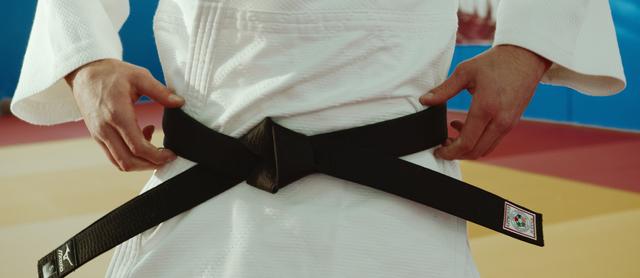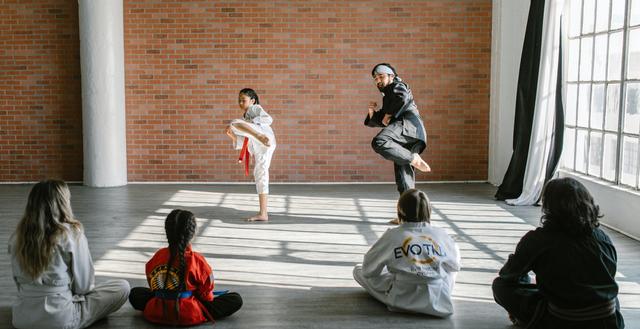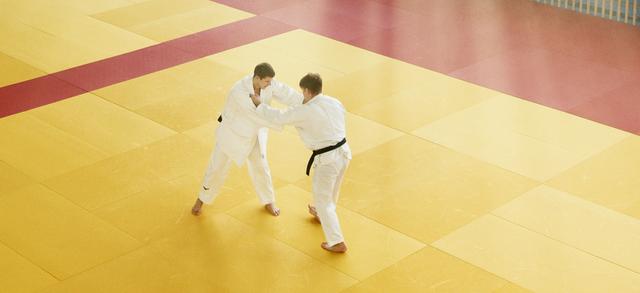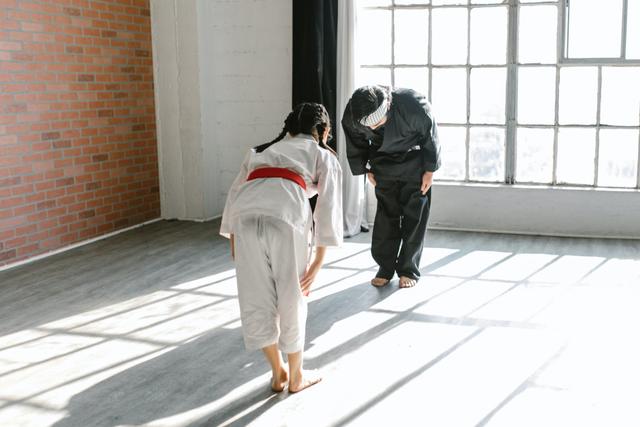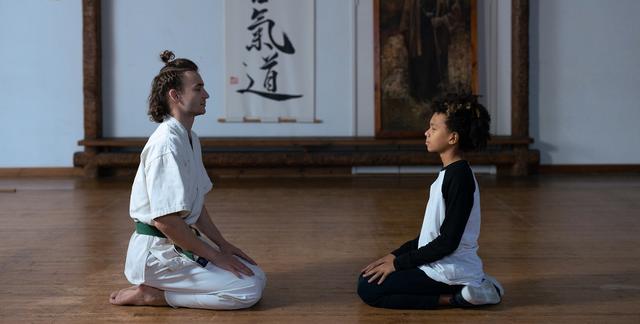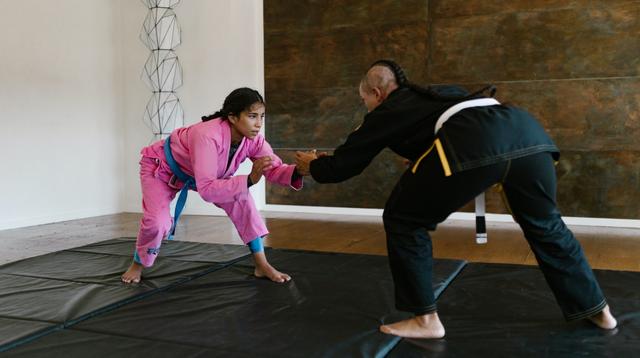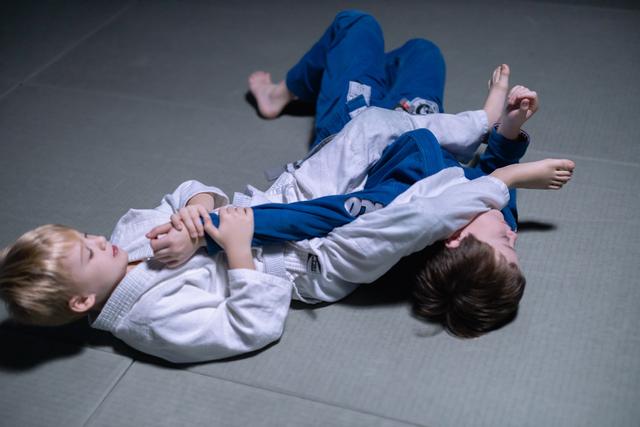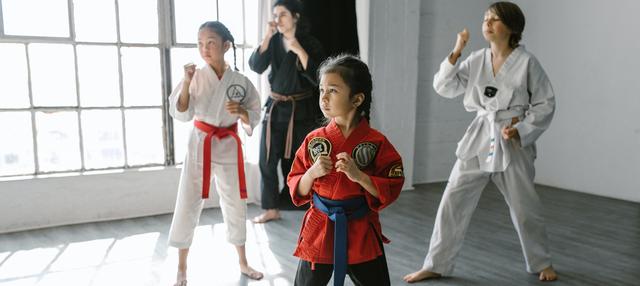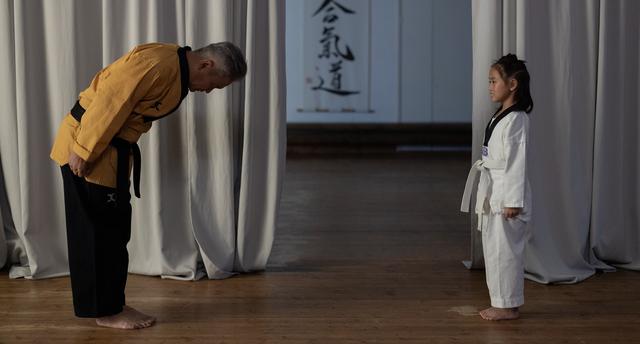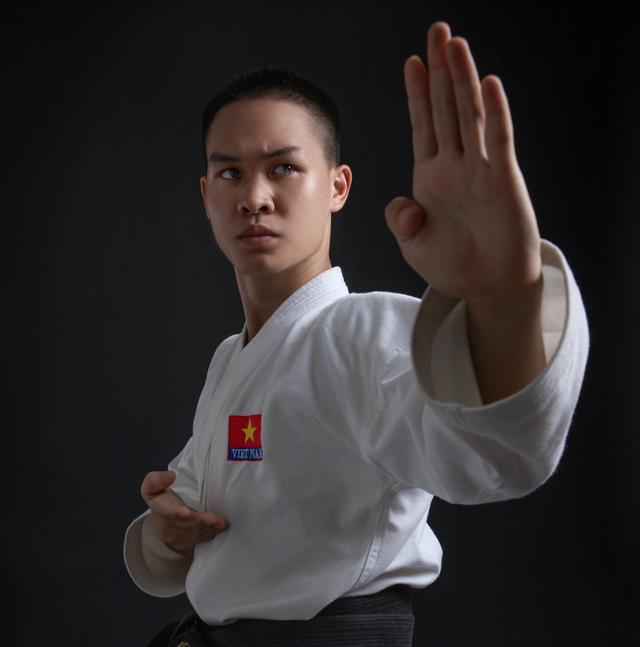- Home
- »Articles
- »Martial Arts
- »Karate
Karate Articles
Karate For Kids In The UK
Karate, a martial art with roots in Okinawa, Japan, has carved a notable presence in the UK, particularly among the younger population. The journey of Karate in the UK began in the 1950s, with serious traction starting in the 1960s. The establishment of the British Karate Federation in 1966 marked a significant development, organising the sport and promoting it across the country. Today, Karate for kids is more than just a sport; it's a discipline that instils various skills and values.
Throughout the country, numerous dojos offer classes tailored for children, each teaching one of several styles such as Shotokan, Shito-Ryu, or Goju-Ryu. These styles, while maintaining the core principles of Karate, vary slightly in technique and emphasis, providing a rich variety of learning experiences for young practitioners. The growth of Karate among the youth is supported by various tournaments and championships, which are held regularly, giving children a platform to showcase their skills and progress.
The teaching of Karate in the UK has adapted over the years, focusing on age-appropriate methods that engage children effectively. From the very beginning, Karate for kids has been about more than just physical training; it's about shaping character and enhancing life skills through disciplined practice and the respectful traditions of martial arts. The structured environment of Karate classes ensures that children not only learn powerful self-defence techniques but also the values of respect, patience, and persistence, integral to their development as individuals.
Overall, the landscape of Karate for kids in the UK is dynamic and enriching, providing a supportive community where young learners thrive both in skill and in spirit.
The Benefits of Karate
Karate offers a suite of health benefits, making it a desirable activity for children across the UK. Primarily, it enhances physical fitness by improving strength, flexibility, and endurance. These aspects of fitness not only boost a child's health in the short term but also instil lifelong habits of physical activity, which is paramount in combating sedentary lifestyles and obesity.
Furthermore, Karate hones coordination and balance, skills that are crucial as children grow and participate in various physical and academic activities. The practice of Karate also demands a high degree of focus and concentration. This disciplined approach to learning fosters better performance in school and improves children's ability to concentrate in other areas of their lives.
In today's world, where safety is a significant concern for many parents, Karate provides essential self-defence skills which boost children's confidence and enable them to protect themselves if necessary. Additionally, Karate classes are social environments where children interact with peers, helping them to develop vital social skills and forge friendships. These interactions can enhance their social development, making them more communicative and confident in group settings.
FAQs
What age is appropriate for kids to start learning Karate? Children as young as 4 or 5 years old can begin to learn the basics of Karate. The readiness of a child to start Karate depends on their physical and cognitive development, so parents should consider their child's individual capabilities.
Is Karate dangerous for kids? Karate is generally safe for children when conducted under the supervision of a qualified instructor. Classes for children are specially designed with safety in mind, and the use of protective equipment during training helps to minimise any risks.
How often should kids attend Karate classes? It is recommended that children attend Karate classes at least twice a week to ensure regular progress. However, the exact frequency can vary based on the child’s other commitments and the goals set by their instructors.
What should kids wear to their first Karate class? For the first Karate class, children should wear comfortable clothing that allows for easy movement, such as a t-shirt and sweatpants. Over time, they might be required to wear a Karate gi, which is the traditional uniform. Bringing a water bottle to the class is also recommended to stay hydrated.
How long does it take for kids to earn a black belt in Karate? Earning a black belt in Karate can take anywhere from 3 to 10 years, depending on the child’s commitment, frequency of practice, and the specific Karate discipline they are studying. The journey to a black belt is individual and varies widely among students.
